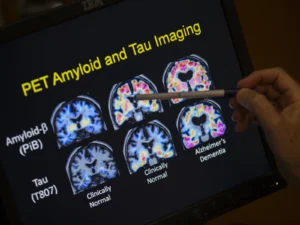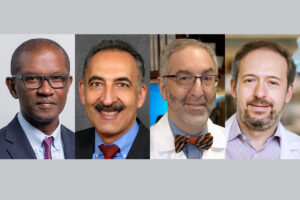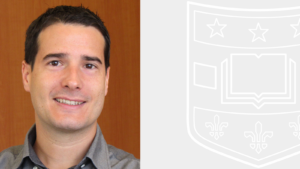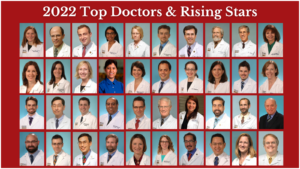Alzheimer’s, Parkinson’s and many other neurodegenerative diseases are marked by damaging clusters of proteins in the brain. Scientists have expended enormous effort searching for ways to treat such conditions by clearing these toxic clusters but have had limited success.
Rejuvenated immune cells can improve clearance of toxic waste from brain (Links to an external site)









